A Bath care home has been warned by CQC inspectors about uncovered radiators.
The care home which cares for 20 elderly residents underwent an inspection in April 2018 and was rated “Requires Improvement” due to its residents being vulnerable to risks from hot surfaces as radiators were not covered.
A surprise inspection was then carried out in April 2019 and the care home was yet again rated “Requires Improvement” following a number of failings including radiators still being uncovered.
The report states: “At this inspection, we found the service had not taken sufficient steps to improve in these areas. Shortfalls identified in the last inspection had been repeated in addition to a further breach of regulations”.
The inspectors found five breaches of the Health and Social Care Act Regulations (2014).
The inadequacies highlighted included “radiators were not covered to prevent burns to vulnerable people”.
“At this inspection we found that all radiators were still not covered and those in communal areas and bathrooms were hot to touch.”
“There were also no individual risk assessments for people who may be at higher risk from this. Therefore, there was a risk people could be burnt”.
The CQC is now considering the appropriate regulatory response to resolve the problems which have been found.
The importance of radiator and heater covers in care home environments cannot be stressed enough but is often overlooked.
The Health and Safety Executive (HSE) states that under health and safety legislation, radiator guards ARE required when people who have limited mobility are at risk of falling onto a hot surface that could cause harm.
Where assessment identifies that vulnerable people could come into prolonged contact with a radiator, such equipment should be designed or covered so that the minimum accessible surface temperature does not exceed 43 degrees.
The legislation that applies is:
- Health and Safety at Work etc Act 1974 (HSWA), section 3;
- Management of Health and Safety at Work Regulations (MHSWR), regulations 3;
- Provision of Use of Work Equipment Regulations 1998 (PUWER)
As was stated in the CQC report, it is important to assess the individual situation of each resident in your care home. The important things to consider are:
- Lack of mobility. Will the resident be able to quickly move away from a hot surface in the case of a fall?
- Sensitivity to temperature. Will the resident be able to recognise if they are touching a heated surface?
- Mental Capacity. Will the resident be able to recognise or react to a heated surface?
- Furniture fittings or fixings. Are there any nearby objects such as wardrobes or drawers near the radiator/heater which will restrict the movement away from the heat source?
If your care home has requirements for covering your radiators to keep your residents safe and prevent surface burns, you can receive an instant quote from us online now.
Alternatively, please speak to our team of specialists on 0161 869 6550 or by emailing info@radiator-guards.com. Our team is available 9am to 5pm, Monday to Friday for all your safety needs.
Source: SomersetLive.

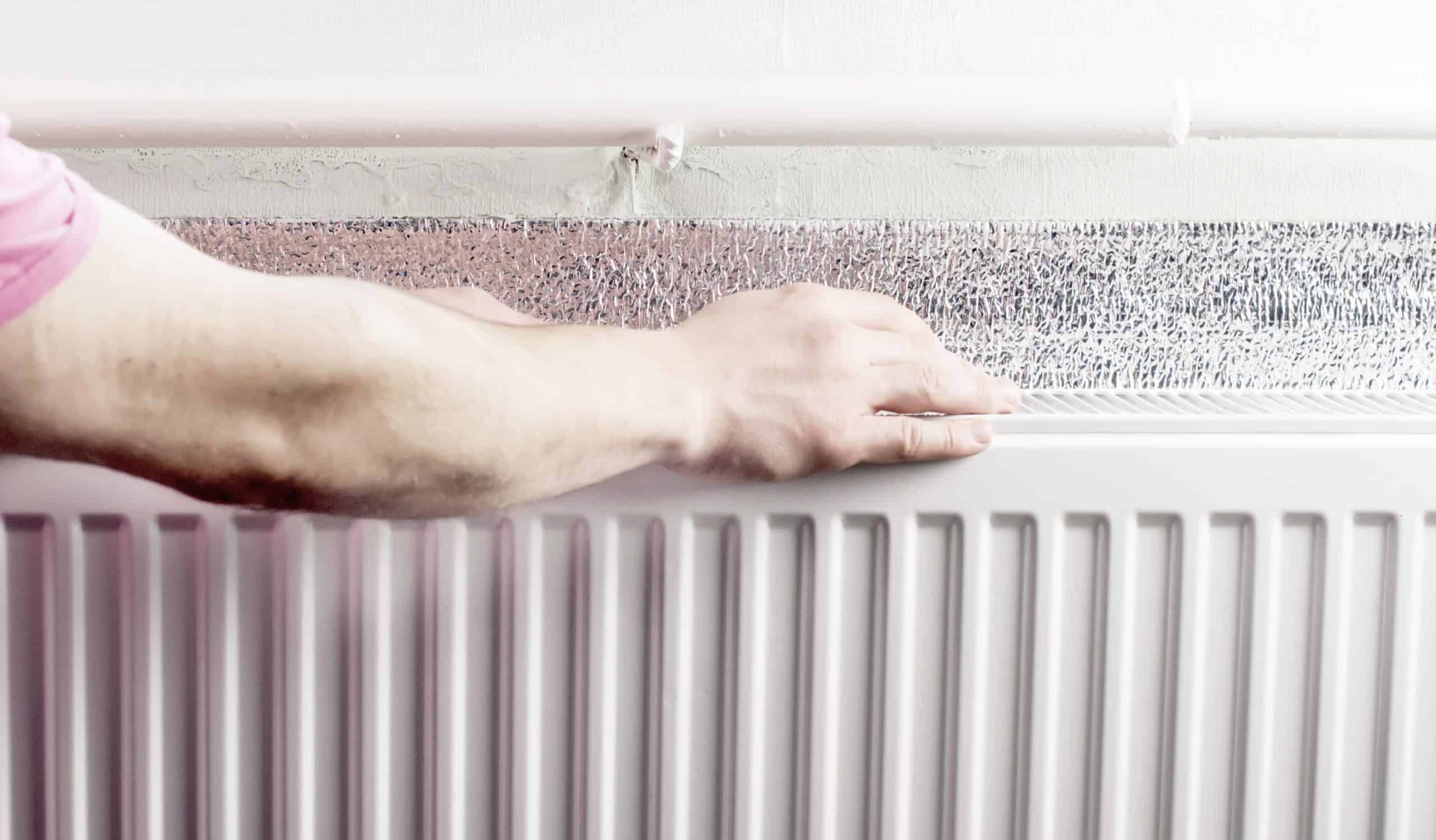
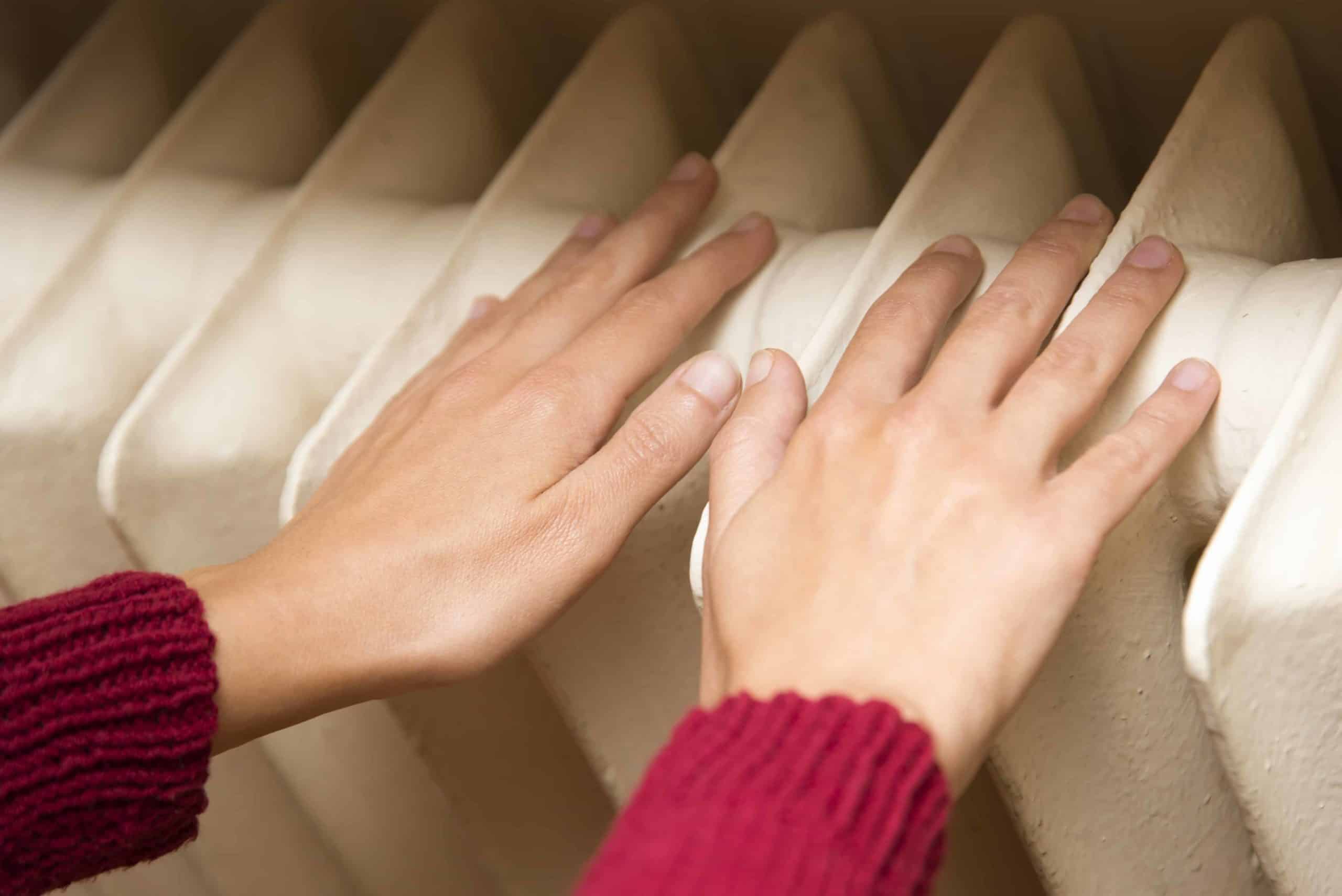
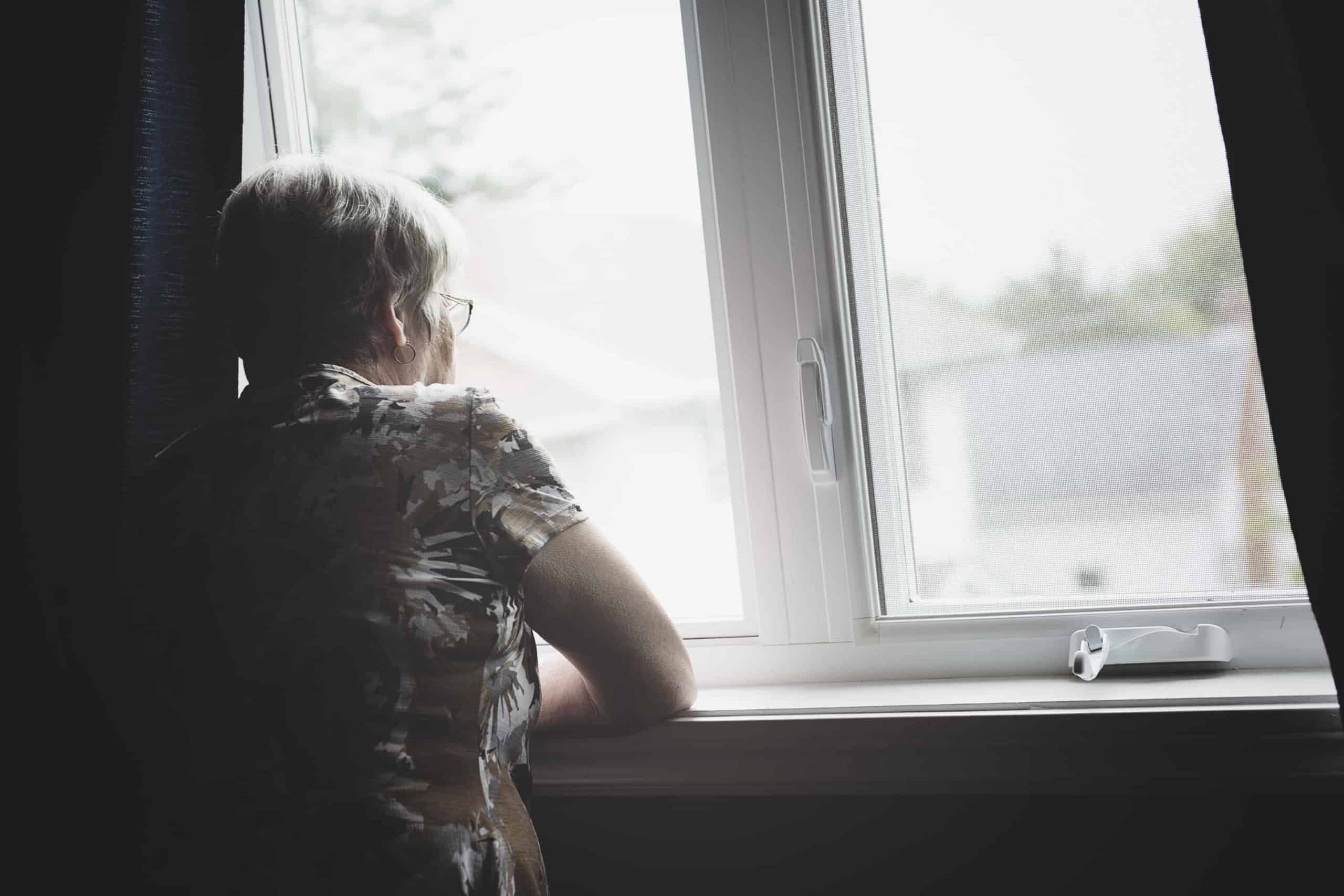
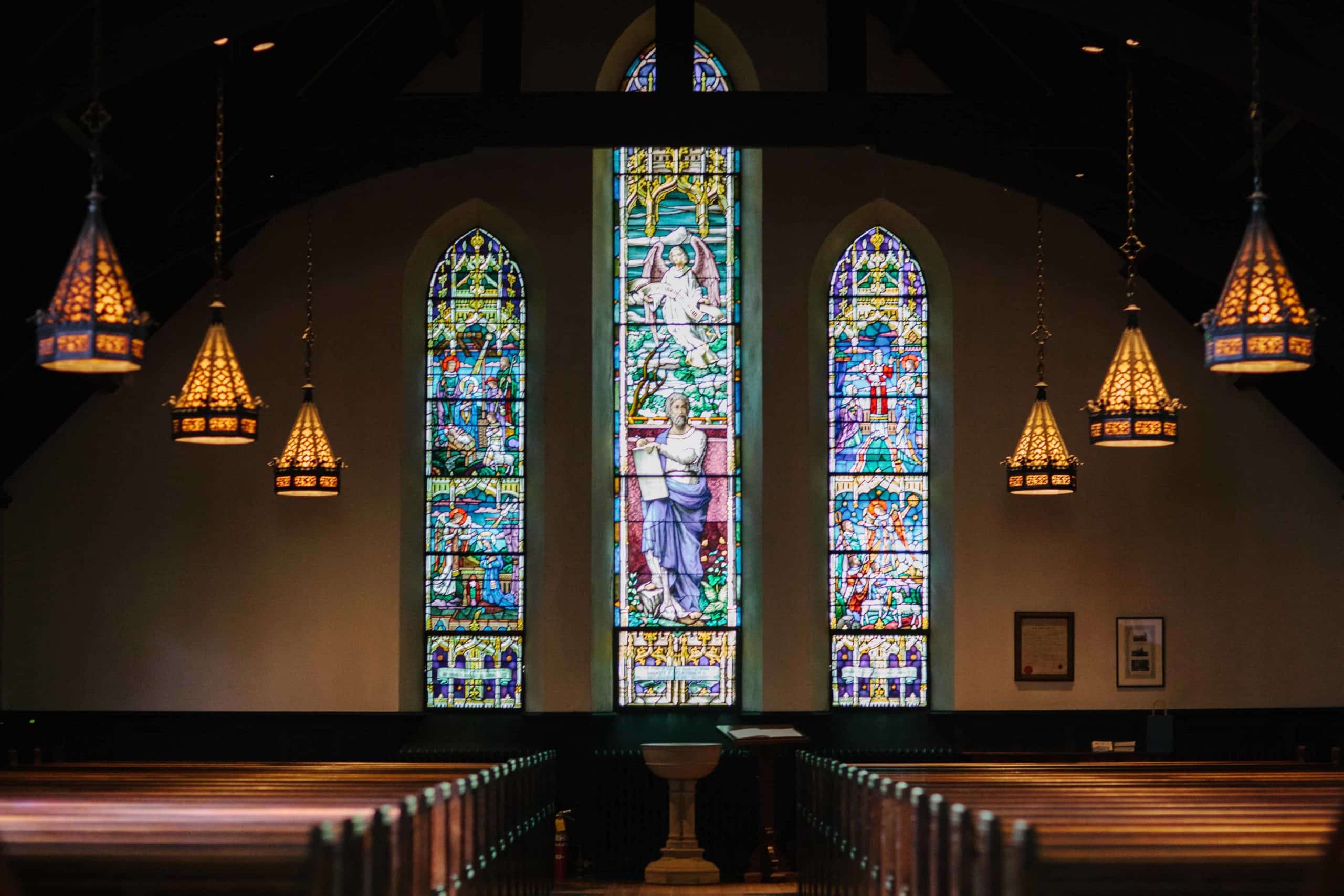


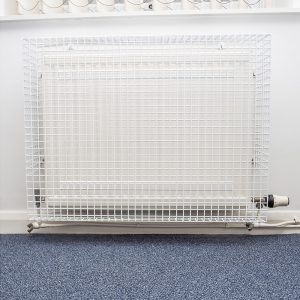
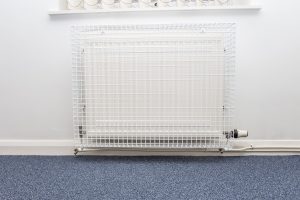 The Radiator Guard by Cardea
The Radiator Guard by Cardea

